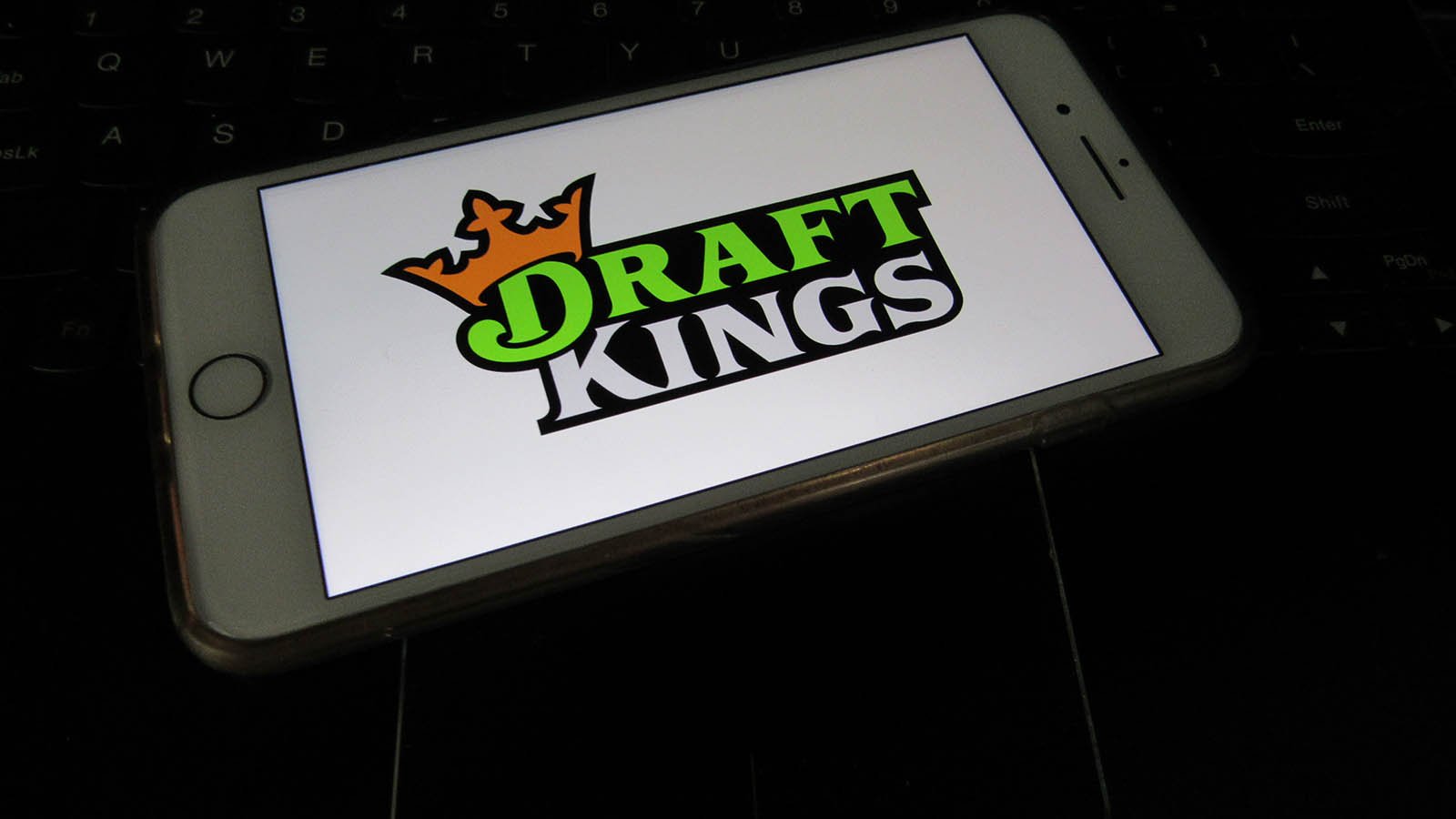Source: Lori Butcher / Shutterstock.com
DraftKings (NASDAQ:DKNG) stock fell 7% over the weekend after the Illinois Senate passed a hike to the state’s sports betting tax.
The Senate package is different from a bill already approved by the Illinois House. The two proposals must be reconciled before they can be signed.
The bill hikes the state tax on gross revenue to 40%, trailing only New York’s 51% rate. Operators have been paying a 15% tax since sports betting went live there in 2021. Gov. Jay Pritzker had asked for a hike to 35%.
DKNG stock opened this morning at $38 per share, a market capitalization of $18.3 billion.
State Takes the Pot
DraftKings isn’t the only company impacted by the higher tax. Rival Flutter Entertainment (OTCMKTS:PDYPY), which owns FanDuel, fell 4.5% in London.
Illinois lists dozens of sports betting registrants, and there are 11 active sports books. This includes DraftKing rivals Penn Entertainment (NASDAQ:PENN), whose book is part-owned by The Walt Disney Co. (NYSE:DIS), MGM Resorts International (NYSE:MGM), and Bally’s (NYSE:BALY).
Illinois is the third-largest sports betting market in the U.S., worth $1 billion last year. Between them, DraftKings and FanDuel had over 70% of the action.
Sportsbooks are lobbying against the hike as part of the Sports Betting Alliance. They argue that hiking the tax will hand the market to illegal offshore books providing better odds.
Taxes on sports betting vary widely. Nevada charges just 7% and New Jersey 13%. Ohio recently doubled its rate to 20%.
DraftKings and FanDuel enjoy first-mover advantage. They were fantasy sports sites years before the Supreme Court allowed sports betting in all states in 2018. The marketing cost of bringing new gamblers online is high, but the major casino companies are well-capitalized.
DKNG Stock: What Happens Next?
There is an old saying about taxes: “Don’t tax you and don’t tax me. Tax that man behind the tree.” DraftKings, an out-of-state company with a concession to do business, is the classic man behind the tree.
If other states behave as Illinois is doing, sports books face a rough road.
On the date of publication, Dana Blankenhorn did not hold (either directly or indirectly) any positions in the securities mentioned in this article. The opinions expressed in this article are those of the writer, subject to the InvestorPlace.com Publishing Guidelines.

